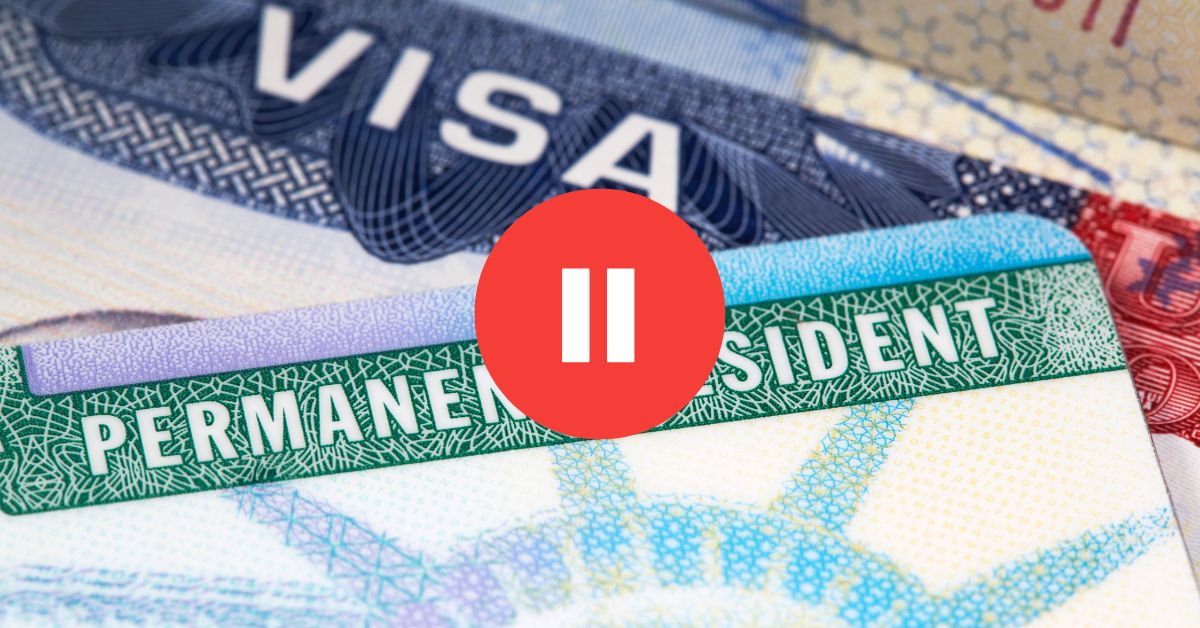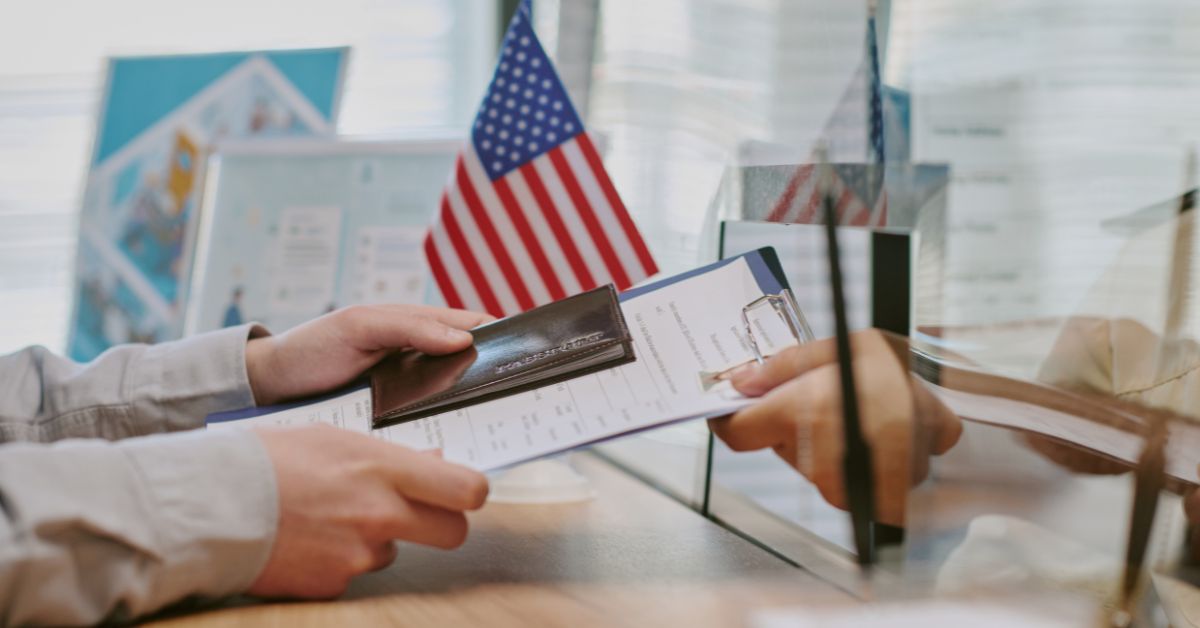With internal USCIS extensions now more common with premium processing on E-3 visas now available, there's clearly some confusion about what exactly that means for visa renewals when you do want to leave the US and get an actual visa.
The speculation over internal and external “renewals” and “extensions” has clearly confused a lot of people since the introduction of premium processing for E-3s so it's important to make sure you get this right because if you don't, you can find yourself stuck outside the country thinking you have permission to enter.
The difference between status and visas
First things first, I've got a helpful article over here about the difference between extending an E3 status (I-129) and renewing an E3 visa which is worth reading before continuing. Understanding this difference is crucial.
What is “the stamp” when it comes to visas?
This is where the confusion really sets in. In the above article we talk about the difference between a “visa” and “status”, and in this case, the “stamp” we're talking about is the visa. It's the physical sticker/stamp that goes in your passport and looks something like this:

This document gives you access to the United States from overseas, making it your key to entry. It's important to remember that having this document doesn't automatically allow you to enter, but it gives you permission to attempt to enter, and in most cases, enter successfully. Once you're admitted, you get a status assigned to you and permission to stay for a certain period of time (as dictated by your I-94).
- Visa = Entry into the US
- Status = Permission to stay in the US
Can I just “get the stamp” after internal extension?
No. There is no such process. There is no expedited way to get a visa after extending/changing your status in the US through USCIS.
To get one of these you need to travel to a Consulate or Embassy outside the United States, and go through the visa interview process.
You must apply for these from outside the US, because it hinges on the actual entry with this document to get you into the system. The US Government also want the option to reject you from entering the US, and this is much easier to do if you aren't already inside the country.
Whether you are permitted a mail-in application, or you have to attend the visa interview in person, you must be outside the US. You are (very importantly) not allowed to apply for a visa from inside the United States – even though it feels like you could just send your passport overseas.
Does the internal I-129 extension impact your visa application?
In short: No, not really.
If you've gone through the internal filing, sent all your documents to the USCIS, and waited the weeks or months for a return, it feels like you deserve a visa now without too much delay, but unfortunately this is not the case.
To get a visa stamp/sticker in your passport, you need to go through the full process, and apply just like you hadn't done the internal extension at all. The only difference is that you can pack your I-797A approval notice in your files when you go to the Consulate, and use it as evidence that your application should be approved for a visa.
The more evidence you have for your case, the better, and in theory the process should be pretty smooth because the USCIS process (internal extension) is much more strict than the external Embassy/Consulate process (visa); however this is not automatically the case.
Why isn't this easier? Surely it should be more practical than this.
A key thing to remember when going through the process of getting a visa or status change is that you aren't entitled to anything at all, and you should always air on the side of caution.
Go through the process slowly, provide as much evidence and detail as you possibly can, and be clear about your intentions at every step. Provide outlines, and even print out a table of contents so that you know where everything.
The only people I ever see not be successful throughout this process are the ones who blunder in unprepared and who assume that it should all fall into place automatically.


















